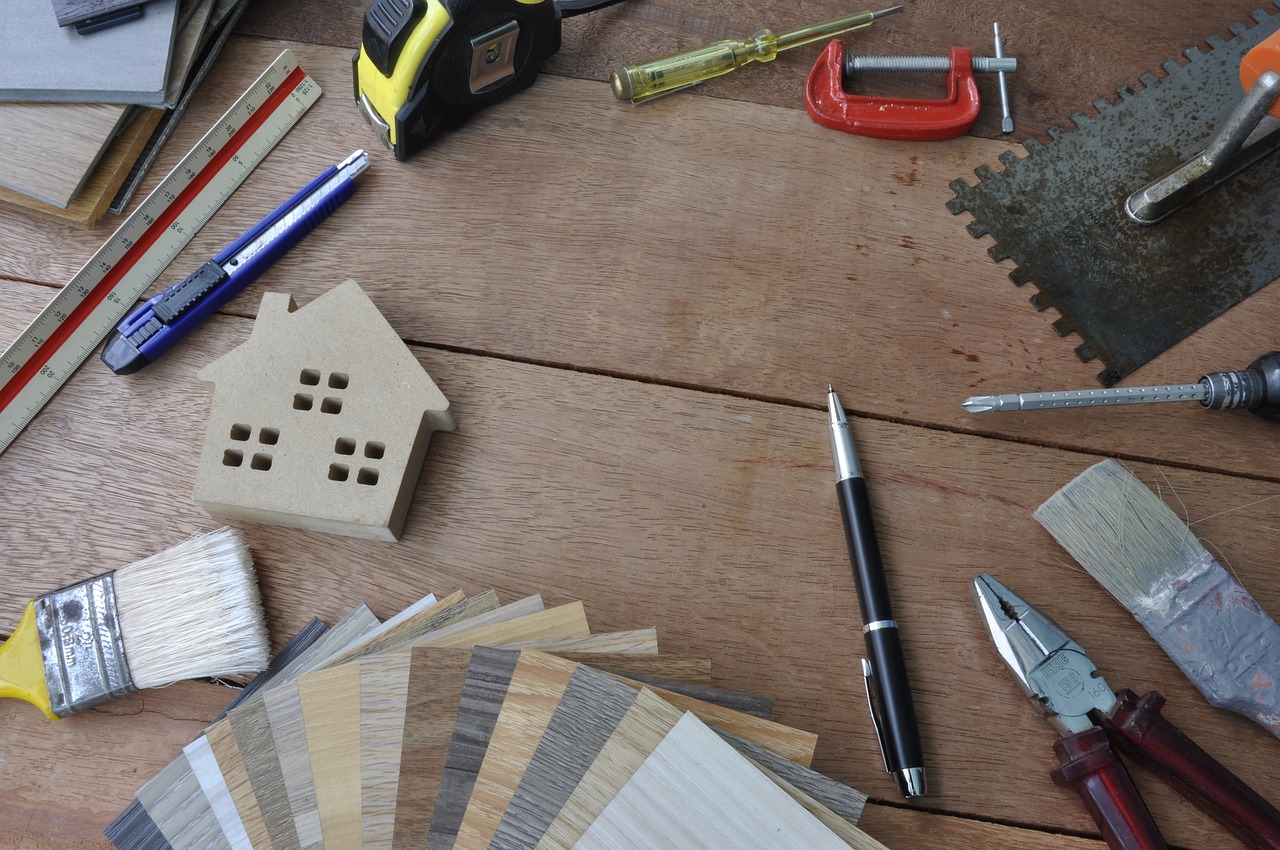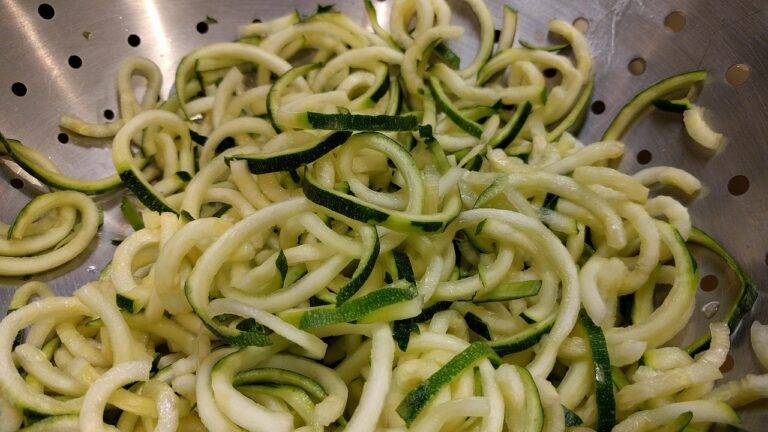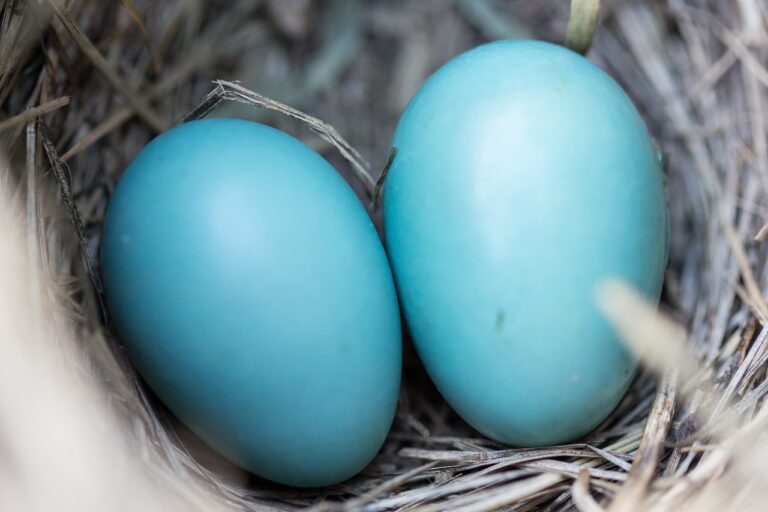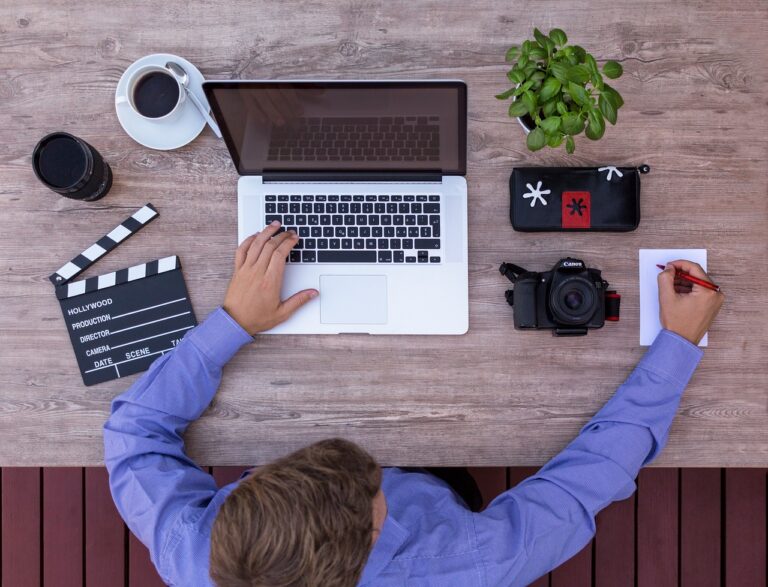The Benefits of Installing a Home Gray Water Recycling System
As businesses and households continue to address the importance of resource conservation, implementing strategies to reduce water usage has become a top priority. By adopting innovative technologies and practices, users can significantly lower their water consumption and subsequently cut down on related costs. A key driver in this pursuit is the increased awareness of water scarcity and the urgent need to preserve our freshwater resources.
Efficient irrigation methods, such as drip irrigation and smart watering systems, play a crucial role in optimizing water usage in agricultural settings. By delivering water directly to the roots of plants and crops, these methods reduce wastage and ensure that water is utilized more effectively. Additionally, the integration of water-saving fixtures and appliances in residential and commercial settings can lead to substantial savings on water bills while promoting sustainable water management practices.
Environmentally friendly solution
In today’s world, finding environmentally friendly solutions to everyday problems is becoming increasingly crucial. When it comes to water usage, adopting practices that are not only sustainable but also effective is key. Implementing technologies and methods that prioritize the conservation of water resources can have a significant impact on the environment.
Conserving water resources not only benefits the environment but also plays a vital role in reducing overall costs. By utilizing innovative approaches that aim to minimize water wastage, individuals and organizations can lower their utility bills while simultaneously contributing to the preservation of our planet. Embracing sustainable water management practices is indeed a practical and responsible choice in the quest for a greener future.
• One environmentally friendly solution to reduce water wastage is the installation of low-flow fixtures such as faucets and showerheads.
• Rainwater harvesting systems can also be implemented to collect and store rainwater for various non-potable uses, reducing reliance on municipal water sources.
• Xeriscaping, a landscaping technique that utilizes drought-resistant plants and efficient irrigation systems, can help conserve water in outdoor spaces.
• Implementing greywater recycling systems allows wastewater from sinks, showers, and laundry to be treated and reused for purposes like irrigation or flushing toilets.
Conserves water resources
Water conservation is crucial in maintaining a sustainable balance in our ecosystem. By implementing effective strategies to reduce water usage, we can play our part in preserving this precious resource for future generations. Small actions, such as fixing leaks, using water-efficient appliances, and practicing mindful irrigation techniques, can collectively make a significant impact on conserving water resources.
Furthermore, raising awareness about the importance of water conservation and promoting responsible water usage habits is essential in addressing the global water scarcity issue. Education on the significance of preserving water sources, such as rivers, lakes, and aquifers, can encourage individuals and communities to adopt sustainable practices in their daily routines. Through collective effort and mindful consumption, we can work towards a more water-secure future for all.
How does reducing water usage help in conserving water resources?
By reducing our water usage, we can ensure that there is enough water available for future generations and for the environment to thrive.
Will using environmentally friendly solutions really make a difference?
Yes, using environmentally friendly solutions can have a significant impact on conserving water resources and reducing our overall environmental footprint.
How can conserving water resources benefit us in the long run?
Conserving water resources can help lower our water bills, protect ecosystems, and ensure a sustainable water supply for the future.
What are some simple ways to reduce water usage in our daily lives?
Some simple ways to reduce water usage include fixing leaks, taking shorter showers, using water-efficient appliances, and collecting rainwater for outdoor use.
Is it important to prioritize water conservation efforts?
Yes, it is crucial to prioritize water conservation efforts to ensure that we have enough water for essential needs and to protect our environment for future generations.







